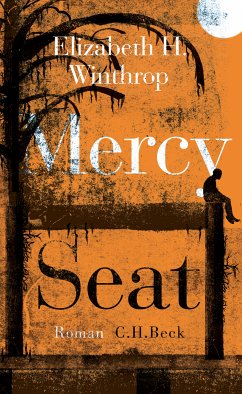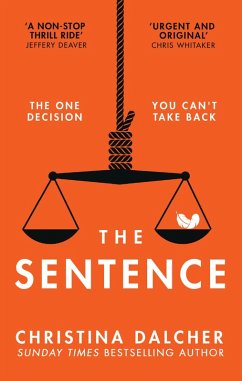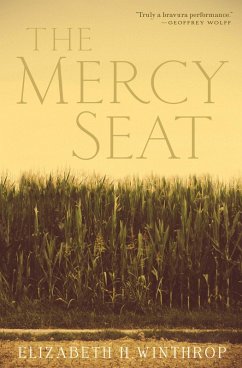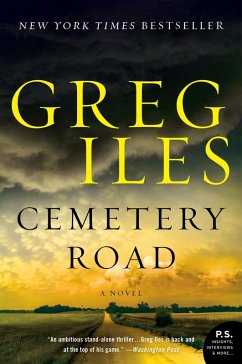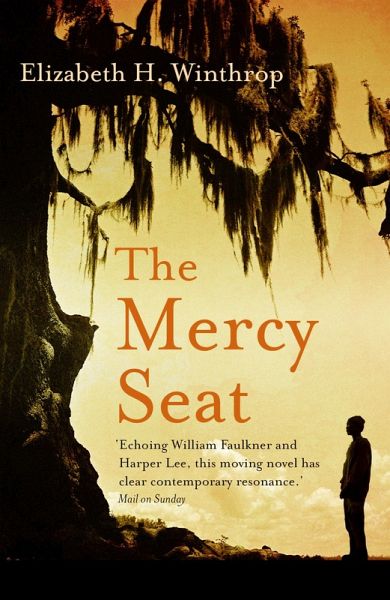
The Mercy Seat (eBook, ePUB)

PAYBACK Punkte
0 °P sammeln!
As the sun begins to set over Louisiana one October day in 1943, a young black man faces the final hours of his life: at midnight, eighteen-year-old Willie Jones will be executed by electric chair for raping a white girl - a crime some believe he did not commit.In a tale taut with tension, events unfold hour by hour from the perspectives of nine people involved. They include Willie himself, who knows what really happened, and his father, desperately trying to reach the town jail to see his son one last time; the prosecuting lawyer, haunted by being forced to seek the death penalty against his ...
As the sun begins to set over Louisiana one October day in 1943, a young black man faces the final hours of his life: at midnight, eighteen-year-old Willie Jones will be executed by electric chair for raping a white girl - a crime some believe he did not commit.
In a tale taut with tension, events unfold hour by hour from the perspectives of nine people involved. They include Willie himself, who knows what really happened, and his father, desperately trying to reach the town jail to see his son one last time; the prosecuting lawyer, haunted by being forced to seek the death penalty against his convictions, and his wife, who believes Willie to be innocent; the priest who has become a friend to Willie; and a mother whose only son is fighting in the Pacific, bent on befriending her black neighbours in defiance of her husband.
In this exceptionally powerful novel, Elizabeth Winthrop explores matters of justice, racism and the death penalty in a fresh, subtle and profoundly affecting way. Her kaleidoscopic narrative allows us to inhabit the lives of her characters and see them for what they are - complex individuals, making fateful choices we might not condone, but can understand.
In a tale taut with tension, events unfold hour by hour from the perspectives of nine people involved. They include Willie himself, who knows what really happened, and his father, desperately trying to reach the town jail to see his son one last time; the prosecuting lawyer, haunted by being forced to seek the death penalty against his convictions, and his wife, who believes Willie to be innocent; the priest who has become a friend to Willie; and a mother whose only son is fighting in the Pacific, bent on befriending her black neighbours in defiance of her husband.
In this exceptionally powerful novel, Elizabeth Winthrop explores matters of justice, racism and the death penalty in a fresh, subtle and profoundly affecting way. Her kaleidoscopic narrative allows us to inhabit the lives of her characters and see them for what they are - complex individuals, making fateful choices we might not condone, but can understand.
Dieser Download kann aus rechtlichen Gründen nur mit Rechnungsadresse in A, B, BG, CY, CZ, D, DK, EW, E, FIN, F, GR, HR, H, IRL, I, LT, L, LR, M, NL, PL, P, R, S, SLO, SK ausgeliefert werden.




